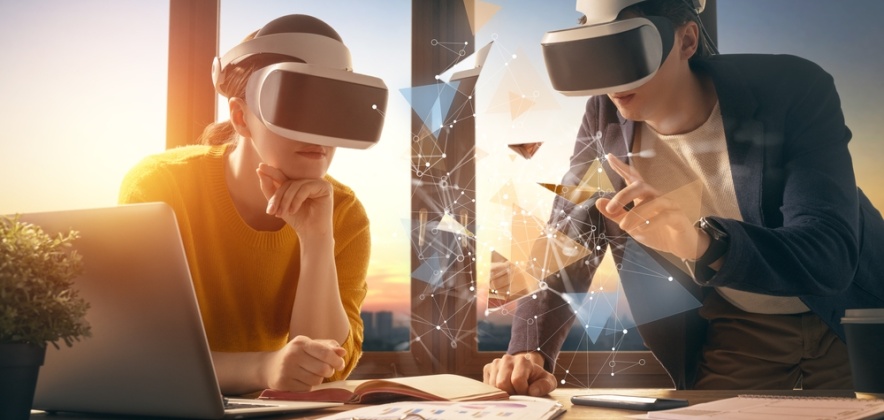
Abstract:
The metaverse, a participatory and shared three-dimensional space, the result of multiple technological elements including video, virtual reality and augmented reality, proposes an ad hoc learning context in which direct interaction with the contents offers the opportunity to experience a more engaging and effective 'learning by doing' as well as making knowledge, especially scientific knowledge, more accessible. If, on the one hand, science still represents an area perceived by students as complex, on the other hand, part of the responsibility lies with the practices and approaches used in their teaching, which are still anchored to a transmissive didactics and the absence of active experimental experiences and situations. The following contribution intends to reflect on the potential of these spaces, as places of social and cultural aggregation and a valuable opportunity for teachers to identify innovative solutions in these environments, enabling students to perceive real learning.
 Classified "A" by ANVUR in the fields 11/D1, 11/D2 Scientific in the field 14.
Classified "A" by ANVUR in the fields 11/D1, 11/D2 Scientific in the field 14.

